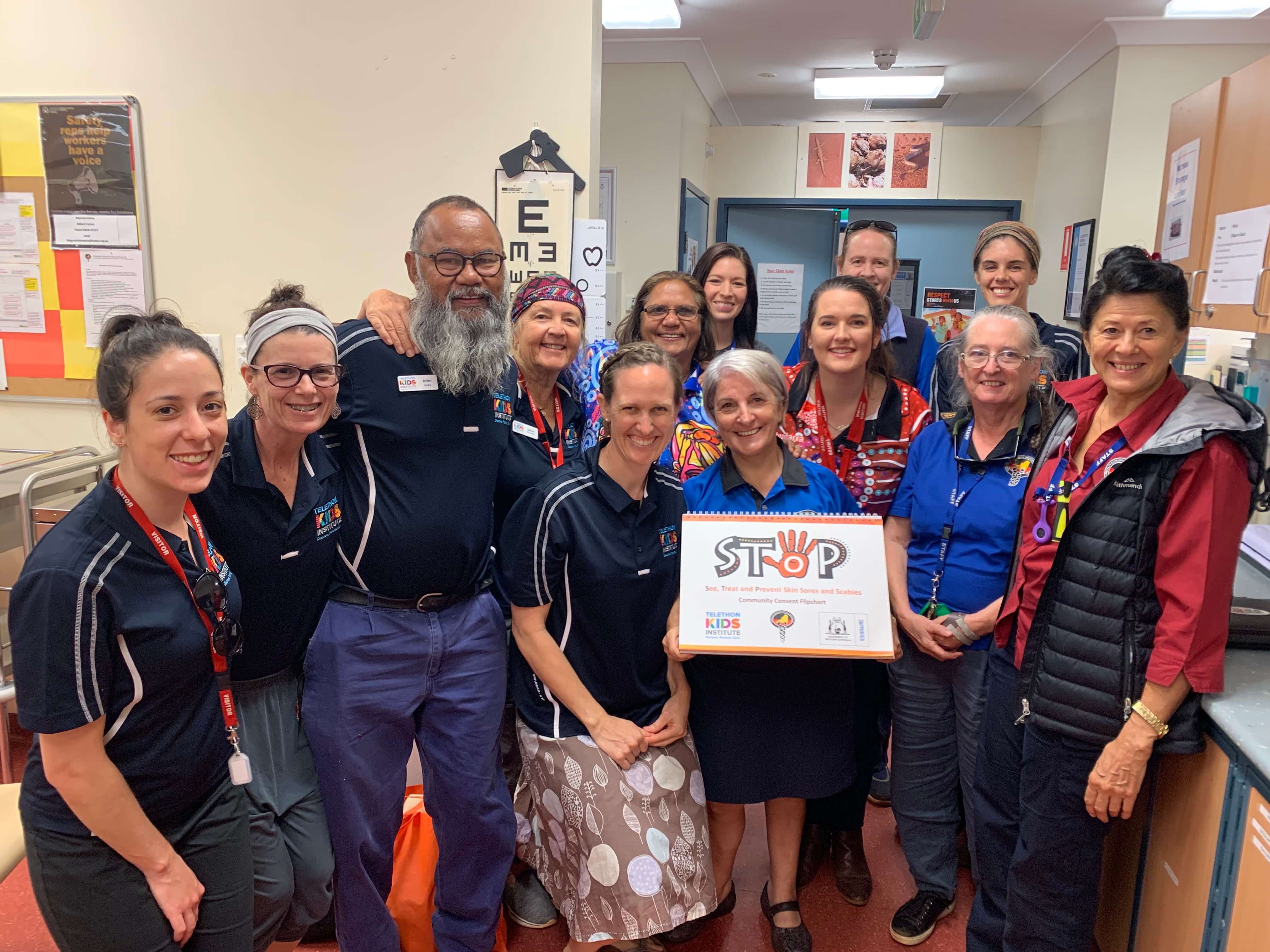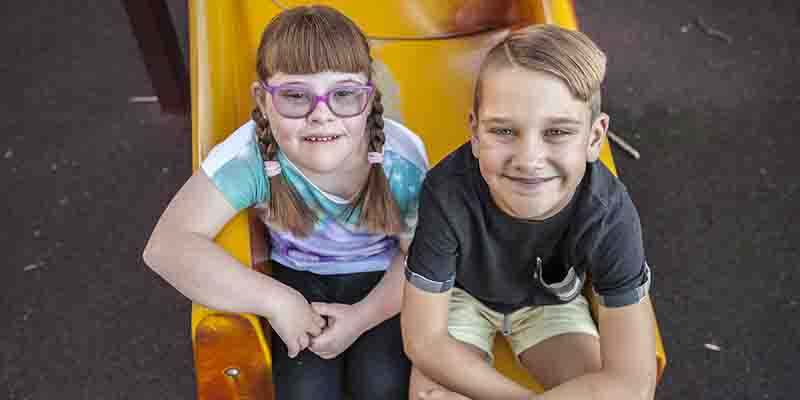Search

News & Events
Round one done, eight to go for the SToP TrialSix weeks, nine community visits and 380 kids – it’s a wrap for round one of the StoP Trial!

News & Events
Funding for stillbirth autopsies will enable life-saving researchResearchers from The Kids Research Institute Australia say the Federal Government’s in-principle commitment to cover the cost of stillbirth autopsies is a positive step forward in addressing the nation’s stagnating rates.

News & Events
R U OK Day: Top tips for responding to someone who isn’t ‘OK’It’s important to ask, R U OK. If someone replies that they’re not, don’t panic – there are ways you can help.

News & Events
Big data expert appointed Kerry M Stokes Chair of Child Health ResearchAn international leader in the analysis and mapping of big data sets to tackle disease has been appointed The Kerry M Stokes Chair of Child Health.

News & Events
What life is like living with type 1 diabetesEvery decision a child with type 1 diabetes makes can impact on their blood glucose levels.
Program of the event The program for Accelerating Child Health Research: A Systems Biology Symposium includes a wide range of international and local

News & Events
Cheers as Beau’s curls cut to fund cancer fightA brave young man stepped up to the plate on Friday to do his part in the battle against cancer.

News & Events
Vale Reverend Garlett AMIt is with great sadness that The Kids Research Institute Australia marks the passing of Reverend Garlett AM.

News & Events
Summer series: The impact of heat and the sun on our healthThe Aussie summer provides some great opportunities for families to connect in an active and social way. But with it comes a range of factors that can impact on child and family health.

News & Events
The benefits of UV exposureFor decades Australians have been told to minimise sun exposure to prevent skin cancer.
